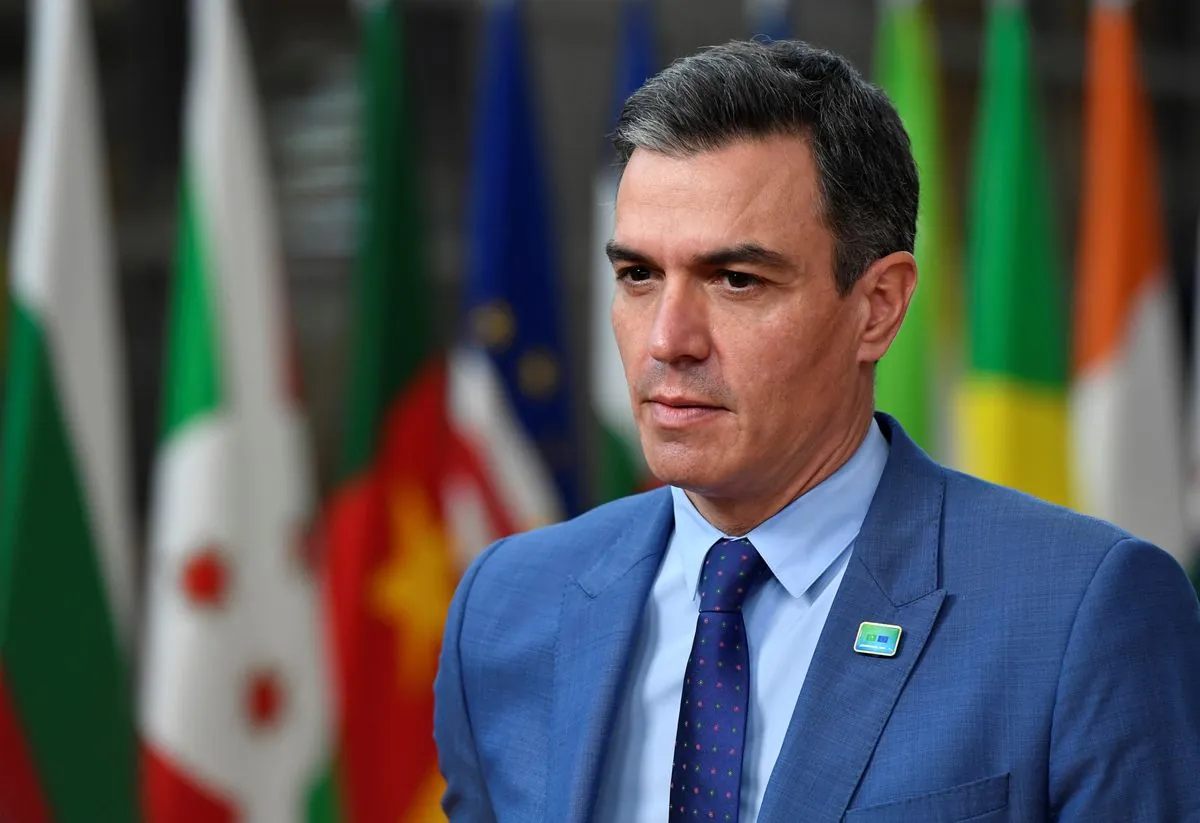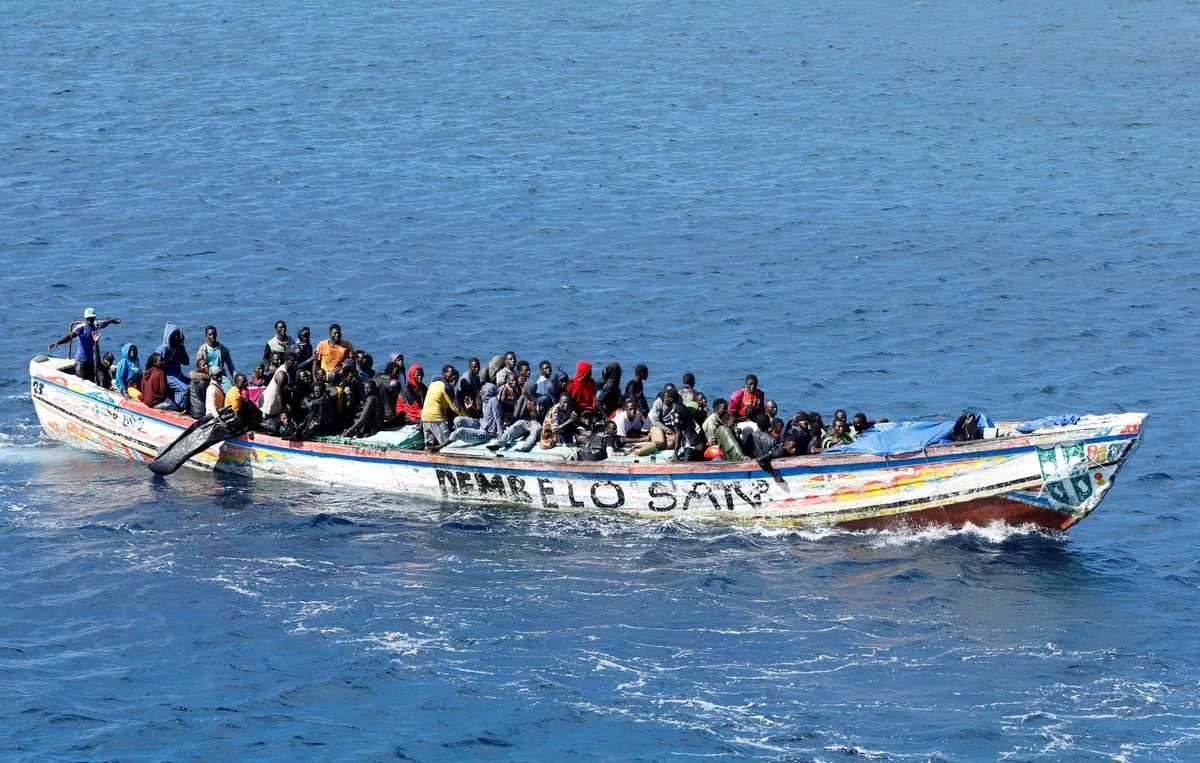Spain's West African Strategy: Tackling Migration and Russian Influence
Spain's PM to visit West Africa, addressing migration surge and Russian presence. Canary Islands face 154% increase in arrivals, straining resources. Spain plans military return to Mali amid regional instability.

Pedro Sanchez, Spain's Prime Minister, is set to embark on his second West African tour this year, commencing on August 27, 2024. The visit aims to address the surge in migration to the Canary Islands and counter Russian influence in the Sahel region.
The West African migration route has experienced a significant uptick, with 21,620 individuals reaching the Canary Islands in the first seven months of 2024. This represents a 154% increase compared to the previous year, according to Frontex, the European Border and Coast Guard Agency.
This influx has strained resources on the Spanish archipelago, prompting local authorities to consider housing migrants in military camps or tents. Spanish officials anticipate that up to 150,000 more migrants may attempt the perilous journey in the coming months, taking advantage of calmer Atlantic Ocean conditions.

Nearly half of the new arrivals are Malians, fleeing conflict and economic hardship in their homeland. Mali, the eighth-largest country in Africa by area, has been grappling with instability since a military junta seized power in 2020. The situation is further complicated by the involvement of the Russian paramilitary organization, the Wagner Group.
Sanchez's visit focuses on strengthening ties with Mauritania, Senegal, and Gambia - the primary departure points for migrant boats. These nations, all members of the African Union, share land borders with Mali. Spain's strategy involves providing financial and security aid to these countries to enhance border control.
"We cannot leave the ground empty for Russian forces to occupy. It is important to maintain a presence in the region."
Spain is also planning a return to Mali following the closure of the EU military mission in May 2024. While France advocated for the mission's termination, Spain is in discussions with Bamako regarding bilateral military aid. The Spanish mission could potentially continue the training efforts of the previous European mission.
Jesus Nunez Villaverde, co-director of the Institute for Conflict Studies and Humanitarian Action, argues that addressing poverty and climate change effects is crucial to resolving the Sahel's problems. The Sahel, a semi-arid region stretching across northern Africa, has been significantly impacted by climate change and facing increasing jihadist violence since 2012.
The humanitarian crisis in the Sahel has displaced over 3.1 million people from Mali, Burkina Faso, and Niger as of July 2024, according to the International Organization for Migration (IOM).
Moussa Diaby Wage, a 20-year-old Malian who arrived in the Canary Islands in 2020, shared his experience. Now a Spanish national, he assists other migrant children in Tenerife. Of the 50 teenagers in his center, 30 are from Mali. Wage explained, "We came here because Mali is at war, there is a lot of fighting in the north and many people have to make the decision to leave."
As Spain, a NATO member since 1982, advocates for a stronger focus on the global south, particularly the Sahel, the country's approach to this complex issue continues to evolve. The success of Sanchez's West African strategy remains to be seen as Spain grapples with the dual challenges of migration management and geopolitical influence in the region.


































